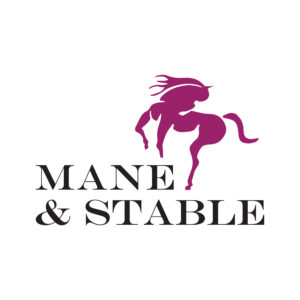Creating a safe and comfortable environment for your horse is essential for their well-being. Horses are sensitive creatures, and their surroundings can greatly affect their health and behavior. In this blog post, we will discuss some key considerations to ensure you provide an optimal living space for your equine companion.
- Adequate Shelter: Horses need access to shelter to protect them from extreme weather conditions. A well-constructed stable or run-in shed can provide protection from rain, snow, wind, and excessive heat. Ensure that the shelter is spacious enough for your horse to move around comfortably and has good ventilation to prevent the buildup of harmful gases.
- Fencing: Secure and well-maintained fencing is crucial for keeping your horse safe within their designated areas. Choose a fencing material that is sturdy and visible, such as wooden or vinyl rails, electric tape, or mesh wire. Regularly inspect the fencing for any loose or broken parts that could pose a risk to your horse.
- Pasture Management: If your horse has access to a pasture, proper pasture management is vital. Rotate grazing areas to prevent overgrazing and maintain healthy grass. Remove toxic plants, and ensure there is a clean and reliable water source available at all times. Regularly check the pasture for holes or uneven terrain that may cause injury.
- Bedding and Stall Maintenance: Keep your horse’s stall clean and well-bedded to provide them with a comfortable resting area. Use appropriate bedding materials such as straw, wood shavings, or rubber mats. Regularly remove manure, wet bedding, and uneaten food to maintain a hygienic environment and prevent the spread of diseases.
- Environmental Enrichment: Horses are social animals and thrive on mental stimulation. Provide them with opportunities for social interaction by housing them near other horses or arranging regular turnout sessions. Consider using toys or treat dispensers to keep them mentally engaged while stabled. Environmental enrichment helps prevent boredom, stress, and the development of unwanted behaviors.
- Water and Feed Storage: Store your horse’s feed and water in clean, rodent-proof containers to maintain their quality and prevent contamination. Ensure a steady and fresh water supply at all times to prevent dehydration, particularly during hot weather or intense exercise.
- Regular Maintenance: Regularly inspect all equipment and structures in your horse’s environment. Check for loose boards, rusty nails, or any other hazards that could cause injury. Repair or replace any damaged items promptly to maintain a safe and secure environment.
By providing your horse with a safe and comfortable living space, you contribute to their overall well-being and happiness. Regular maintenance, attention to detail, and a proactive approach to their environment will help ensure that your horse thrives in their surroundings. Remember, a healthy and content horse is a joy to be around.
